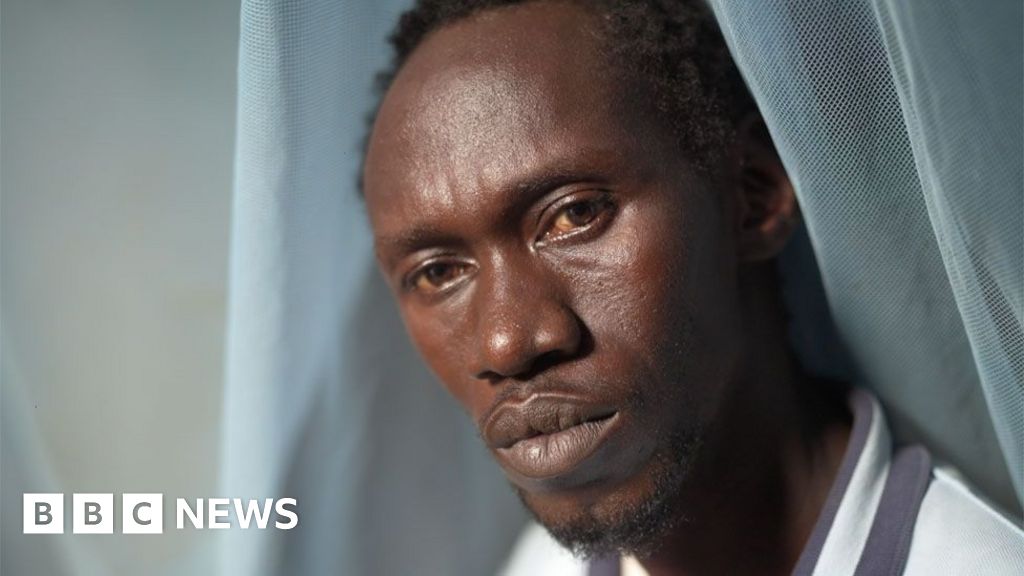Place your adverts here on InfoDig @ low rates; banner ads, sponsored links and guest articles etc. Contact us
The Federal Government has restated its commitment to enhancing the local auto industry and fostering innovation among Nigerian youths.
Joseph Osanipin, the director-general of the National Automotive Design and Development Council (NADDC) stated the commitment on Monday in Abuja.
Osanipin spoke while presenting an Electric Vehicle to the winner of a design challenge for a Compressed Natural Gas (CNG) Hybrid car that uses both CNG and electricity.
The event was organised by the NADDC and the Office of the Special Assistant to the President on Youth Initiatives, Monitoring and Delivery.
The event which held from September 11 to September 12 aimed to equip youths with the knowledge and skills needed to capitalise on the opportunities in the CNG value chain.
This is in line with the Renewed Hope Agenda of President Bola Tinubu.
The director-general emphasised the imperative of commencing the design of vehicles that are uniquely ours and produced with the topography of Nigeria in consideration.
“In a bid to elevate local content in vehicle manufacturing, the initiative encourages aspiring designers to engage in the full vehicle development process, starting from concept design to production.
“It all starts with designing. We want to engage Nigerians so that we can design vehicles, beginning with components such as rims, shock absorbers and other essential parts.
Read also: Nigeria needs to stay the course on reform for at least ten years to see enduring results
“The programme aims to gradually increase the local content of vehicles, allowing for a more sustainable automotive sector. Currently, efforts are underway to design and produce various parts domestically.
“After the designing phase, we will gather people in Nigeria to produce these parts. Once we have successfully tested and integrated them, we can proceed to mass production,” Osanipin said.
While acknowledging the complexity of the project, the director-general expressed confidence in the timeline set for the next four years.
He, however, said that progress would be steady, as there were no immediate deadlines for completion.
“So it is gradual. We cannot say it will be done in two years or three years but we have taken the step and we are moving ahead with that step.
Let us see where it will take us in the next four years,” he said.
Osanipin congratulated the winner, who he identified as the EV brand Ambassador and urged him not to relent in his endeavours.
“So we want you to continue to empower yourself, develop yourself, and then see how this will lead us as a country,” he said.
The recipient of the electric vehicle, Enoch Tobiloba, a final-year student of Yaba Technology College, expressed delight at the recognition and thanked the NADDC and the government.
“I am very happy because this has strengthened my hope for the future of automobile engineering and design in Nigeria.
“This is a motivation for me to keep doing what I do best, which is transportation design.
“This is an eye opener to everybody and other transportation design enthusiasts not to give up but try to find their way into auto industries in Nigeria to help boost the sector,” he said.

 2 hours ago
28
2 hours ago
28









)
)



 English (US) ·
English (US) ·